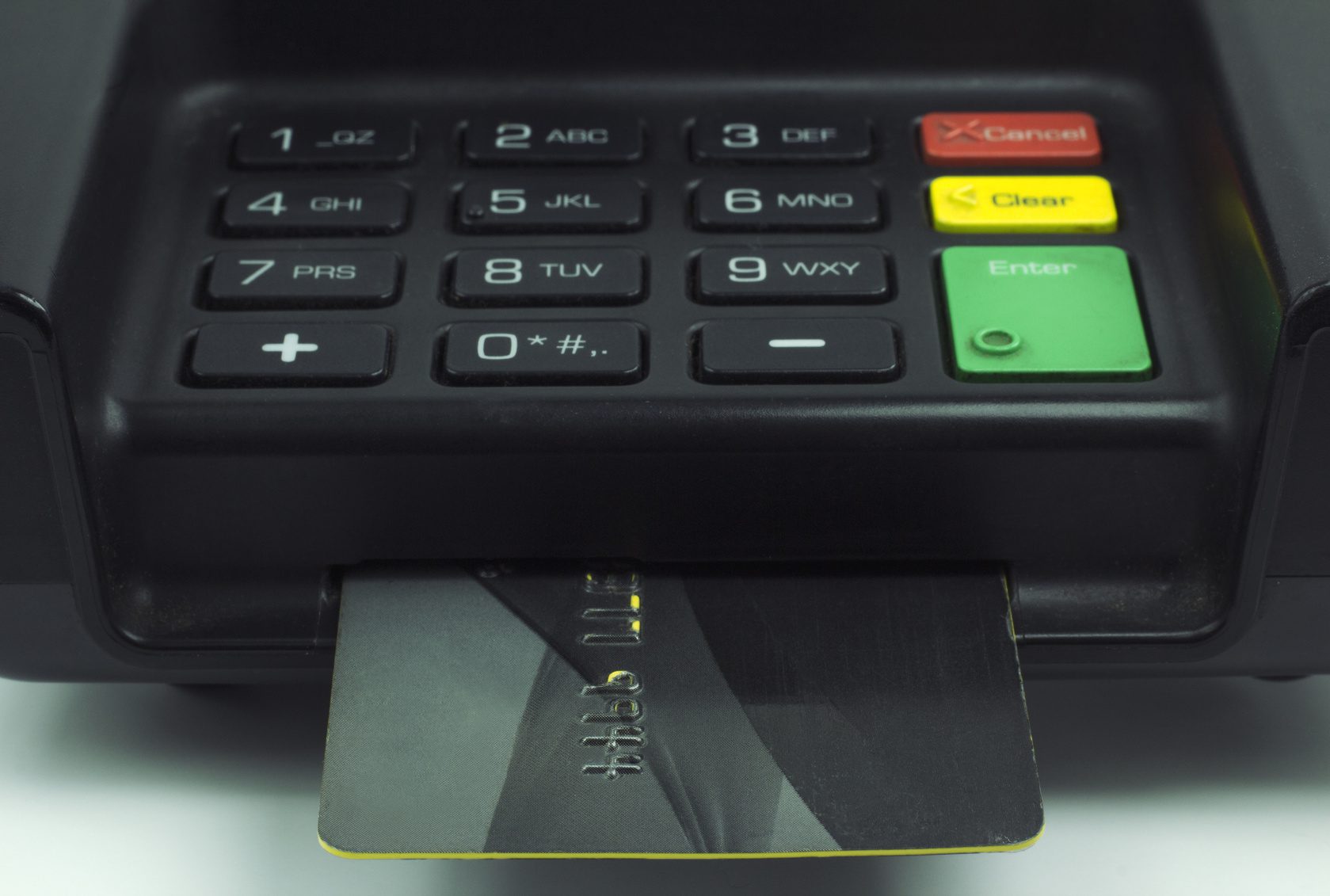At Mercator Advisory Group, our analysts have a lot of very interesting and energetic discussions regarding the payments industry. The following is an edited transcript of an email exchange between Alex Johnson, Ben Jackson, Sarah Grotta, and Tim Sloane on the future of the Merchant Customer Exchange (MCX).
Alex: I know you all saw this headline: “MCX is postponing the rollout of CurrentC and pivoting to focus its efforts on bank partnerships.” Based on the conversations we’ve been having inside Mercator about MCX for the last couple of years, I’m guessing this news didn’t come as a huge surprise to any of you.
Sarah, I think you are the only one of us to have had the privilege of actually using CurrentC. Are you shocked by this news?
Sarah: No, can’t say that I am shocked. Actually I am a bit surprised that the organization has held together as long as it has. Managing a development project with a consortium of some of the largest retailers in the world with their own IP to protect and their own strategies to keep secret must be incredibly challenging.
The CurrentC app I got to test was fine. Setup was a bit of a bear, but it was still in pilot when I was in the Columbus area to try it out at Target and CVS. The loyalty aspect is also functional, but since I wasn’t an active user and it wasn’t rolled out to many retailers, it wasn’t particularly engaging.
Sorry to be speaking in past tense, but perhaps MCX has served its purpose. The retailers have learned what they needed to know about mobile payment apps and are now more confident about how to approach developing their own. They might buy up pieces of CurrentC to incorporate into their own solutions. I am not sure about the bank partnership strategy.
Tim, I am sure you have thoughts on what becomes of the remains of MCX.
Tim: Personally I think there is a major lesson here for all of fintech.
This proves just how difficult it is to enter the banking and payment markets. MCX thought that a merchant consortium that included the largest merchants would easily be able to establish an alternative payments network driven by low-cost acceptance. That goal wasn’t the problem. If ever there was an opportunity to launch an alternative payment network, that opportunity is now driven by the turbulence of technology. No, the real problem was that MCX was based on a very lopsided value chain that rested entirely on making merchants happy by eliminating any value that a financial institution might gain by participating. Add to that, MCX underestimated how much value it would need to deliver to other merchants to drive network participation. In short, MCX failed to recognize the basic rules associated with constructing a two-sided network and failed to understand merchant psychology 101, which can be boiled down to this: All other merchants are potentially my competitors.
These errors are being played out over and over in fintech. Blockchain startups are so enamored with how that technology can collapse the value chain, they just assume existing value chain participants will go down without a fight. I just had a conversation where I was told that Bitcoin micropayments will soon drive the digital media marketplace (I’ll ignore the many reasons I think this statement is incorrect and focus on just the value chain problem). If Google is listening, I’d imagine they might consider a new contractual term for websites that receive advertising revenue from them. Perhaps a non-compete clause that indicates websites can’t implement a micropayment solution and continue to receive advertising-based revenue. I bet that slows the transition to micropayments down!
Alex: Blockchain! If only MCX had chosen to build its alternative network on the Blockchain, all its problems would have been solved!
(Tim, is my attempt to raise your blood pressure working?)
On a more serious note Tim, I think your point about MCX’s one-sided approach to building out an alternative network is a good one. Collapsing the value chain only works if you deliver an extraordinary amount of value to the end customer. I know that MCX paid lip service to the idea of delivering a great customer experience, but QR codes? Seriously? Sarah’s description of her experience using CurrentC in Columbus wasn’t exactly a ringing endorsement. I think we get a little too hung up on technology sometimes. If you think digital media micropayments are going to be revolutionary, go out and build a revolutionary micropayments experience for consumers. Then worry about disintermediating Google.
To Sarah’s point, if you think of MCX as a business venture rather than a technology one, maybe it has served its purpose. The app was a flop, but the Chase Pay partnership was a clear win given MCX’s single-minded obsession with lowering payment costs.
Ben: One of the puzzling things to me about MCX was why a merchant would want to participate instead of building its own closed-loop mobile wallet. Then it would have more control over the entire system and be able to include whatever features it wants, have more data on its customers, and not need to worry about keeping third parties happy. The merchant also would not need to form uncomfortable alliances with competitors. The third benefit is that by generating their own mobile app, the merchant can enable in-app shopping and have an omnichannel approach for reaching its customers. Cumberland Farms has shown a new application for a decoupled debit solution, Starbucks has created the leading mobile payments tool in the world, and other companies are experimenting with combining other forms of value, such as content, into their mobile apps. MCX didn’t offer merchants much except a lower cost of payments processing. If the merchants wanted that, they could just steer people toward cash purchases.
Alex: It’s probably not a coincidence that Walmart announced the initial launch of Walmart Pay (in Texas and Arkansas) on the same day that MCX announced its change in strategy. Maybe a resurgence in closed-loop merchant mobile wallets will be MCX’s legacy?
CurrentC made it to market in Ohio. Walmart Pay is now available in Texas and Arkansas. Slow and steady wins the race?












